ISAAC 2014 Handouts
The ISAAC 2014 Conference in Lisbon was fabulous! Big congratulations to the Conference Co-Chairs, Luis Azevedo, Margarida Nunes da Ponte, Pedro Encarnação and Isabel Amaral. Also a big thanks and congratulations to ISAAC, the organisers and everyone involved, including the amazing volunteers who were such good hosts. For those of you who attended my sessions

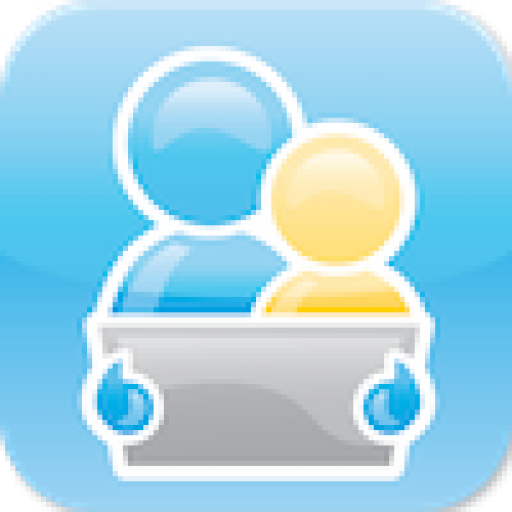
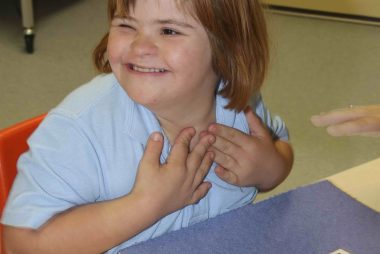

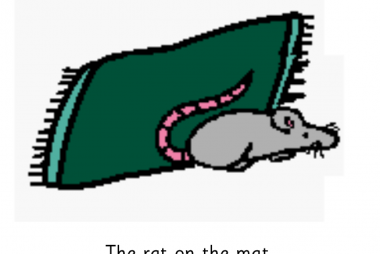
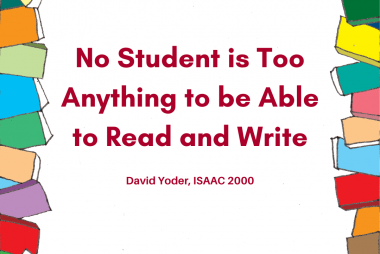
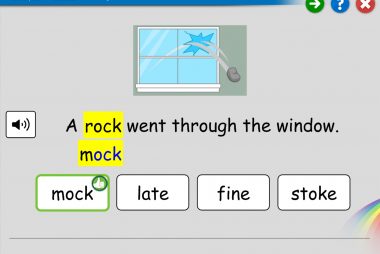


Working with Letters, Sounds and Words in our Classrooms
Working with letters, sounds and words are important components of literacy instruction in our classrooms. Emergent students need explicit and incidental instruction around the alphabet and sounds, to improve their alphabet knowledge and phonological awareness. Conventional students need to learn how words work. Below is a checklist I use with teachers in working through the
Read More